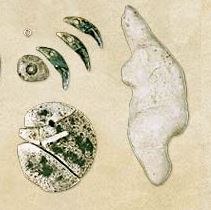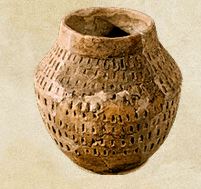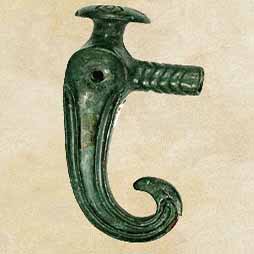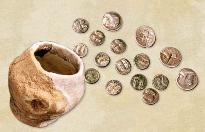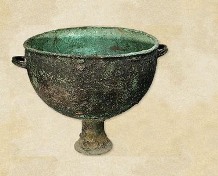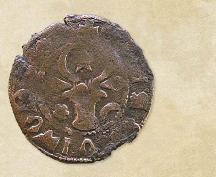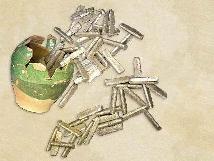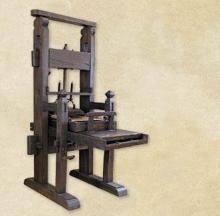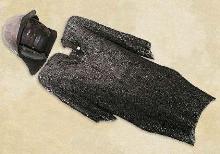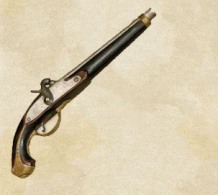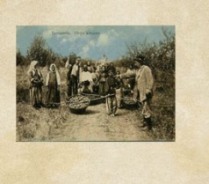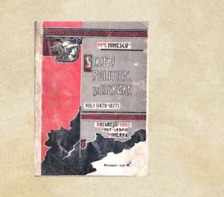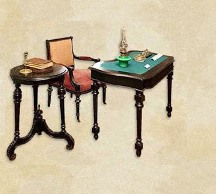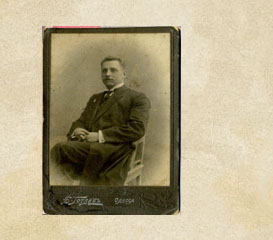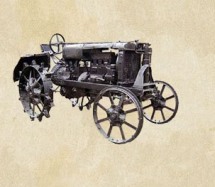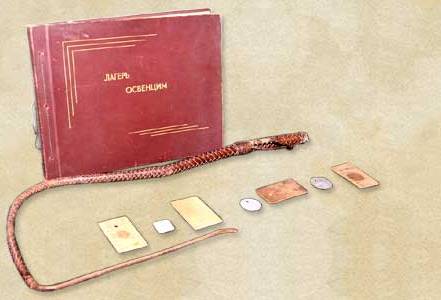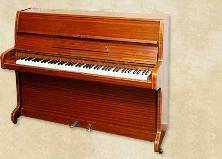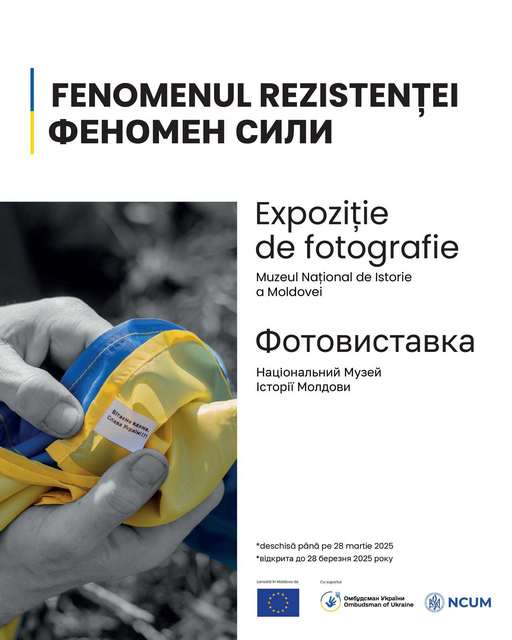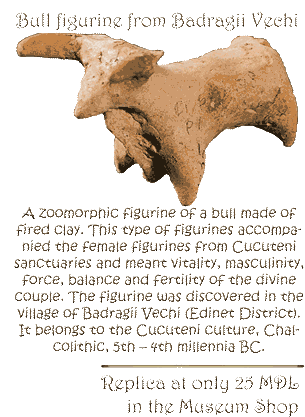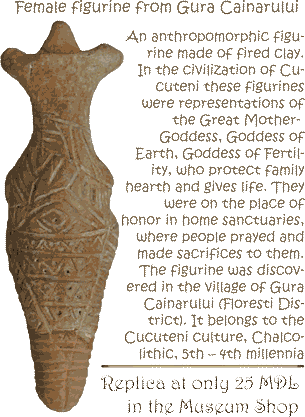 On February 24, 2023, starting at 12:00, at the National Museum of History of Moldova will be launched the exhibition "PAIN IN REFUGEES".
On February 24, 2023, starting at 12:00, at the National Museum of History of Moldova will be launched the exhibition "PAIN IN REFUGEES".
Chronic pain is a prolonged experience of pain that persists beyond the point where it is considered an adaptive experience. Pain can contribute to stress, anxiety, depression and interference in normal everyday function. Over the past decade, there has been growing interest in the connection between chronic pain and psychological conditions such as posttraumatic stress disorder.
The primary aim of this exhibition is to ascertain that pain, regardless of its source, is more than just a sensory experience. Pain affects every aspect of a person`s life, and there are dynamic and mutually reinforcing relationships between biological, psychological, and social factors that interact and contribute to pain experience. Other perspective of the research is to study the interrelationship between visual perceptions, involuntary memories after threatening event, comorbidities, current place of leaving, self-destructive behaviour and perception of pain`s depth in refugees.
Colours and pain are biologically closely related. Pain in turn is associated, most of the time, with certain colours. The given association was also made by our respondents - the refugees.
Another perspective of the given research is to study the interrelation between visual perceptions, involuntary memories after the threatening event, comorbidities, the current place of living, self-destructive behaviour and the perception of the depth of pain in refugees.
We invite you to take knowledge and attitude based on the experiences and answers of 264 respondents, suffering from acute and chronic pain, but also from the psychological impact of the horrors of the war. Different people, different colours - same suffering!
The exhibition is a result of the collaboration between the Moldovan Society for the Study and Management of Pain and the Ukrainian Society for Regional Anaesthesia and Pain Therapy.
The "PAIN IN REFUGEES" exhibition can be seen between February 24 and March 12, 2023, on the fence of the National Museum of History of Moldova, 31 August 1989 str., 121A.
 31 August 1989 St., 121 A, MD 2012, Chisinau, Republic of Moldova
31 August 1989 St., 121 A, MD 2012, Chisinau, Republic of Moldova
















